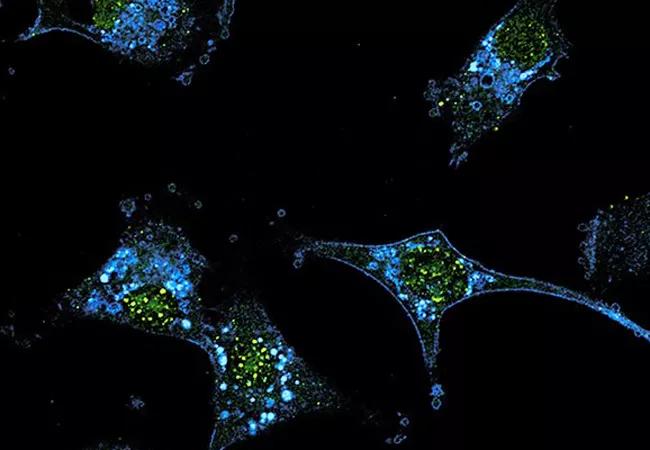Complimentary case-based program Aug. 24

Brush up on the latest advances in melanoma treatment with a fast, free and expert-led program tailored to healthcare professionals. On Aug. 24, Brian Gastman, MD, Professor of Surgery at Cleveland Clinic Lerner College of Medicine, and Ahmad Tarhini, MD, PhD, Professor of Medicine at Cleveland Clinic Lerner College of Medicine, will chair the third annual Melanoma Symposium in partnership with Merck. Experts from Cleveland Clinic and other organizations will address important advances in the treatment of melanoma in this complimentary one-day symposium. The program consists of case-based discussions of treatment options for melanoma, including:
Advertisement
Cleveland Clinic is a non-profit academic medical center. Advertising on our site helps support our mission. We do not endorse non-Cleveland Clinic products or services. Policy
Major Updates in Melanoma with Brian Gastman, MD
Melafind, Dermoscopy, Mole Mapping with Philip Bailin, MD
Castle Biosciences & Familial Genetics with Joshua Arbesman, MD
Treatment Side Effects with Suzanne McGettigan, CNP
Autoimmune Side Effects from Immunotherapy with Joanna Brell, MD
Sentinel Node Biopsies & Completion LN Dissection with Alok Vij, MD
Standard of Care Combination Data with Pauline Funchain, MD
Dermal Primary v. In-Transit Mets with Bruce Averbook, MD
Adjuvant Therapy with Ahmad Tarhini, MD, PhD
The symposium will take place on Friday, Aug. 24 from 9:30 a.m. – 4 p.m. at the InterContinental Hotel & Conference Center, 9801 Carnegie Avenue, Cleveland. Lunch is provided. Space is limited, so register with Becky Habecker, Melanoma Program Manager, at habeckb@ccf.org or 216.445.2612.
Image: Confocal microscopy image using SmartFlare™ Detection Probes to isolate nodal-positive melanoma cells from a heterogeneous population. The image shows that nodal-positive cells (blue) are also positive for CD-133 (green). Source: National Cancer Institute.
Advertisement
Advertisement

Radiation therapy helped shrink hand nodules and improve functionality

Standard of care is linked to better outcomes, but disease recurrence and other risk factors often drive alternative approaches

Phase 1 study demonstrates immune response in three quarters of patients with triple-negative breast cancer

Multidisciplinary teams bring pathological and clinical expertise

Genetic variants exist irrespective of family history or other contributing factors

Study shows significantly reduced risk of mortality and disease complications in patients receiving GLP-1 agonists

Structured interventions enhance sleep, safety and caregiver resiliency in high-acuity units

Addressing rare disease and challenging treatment course in an active young patient